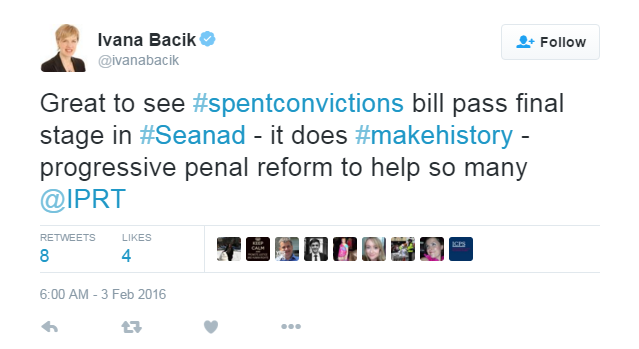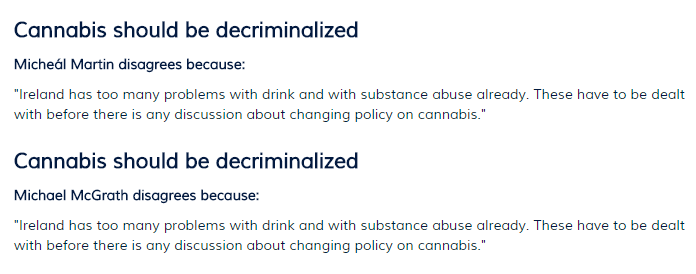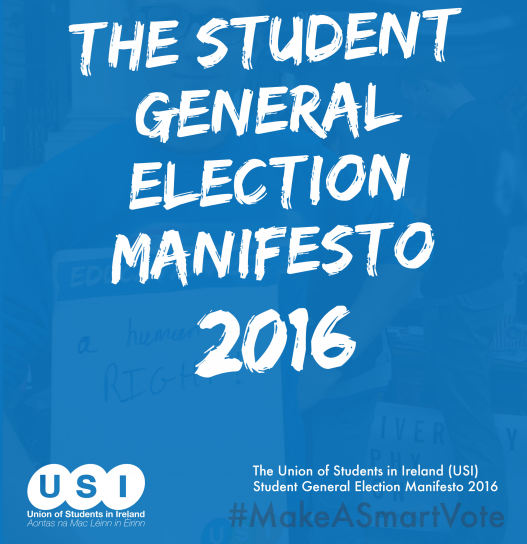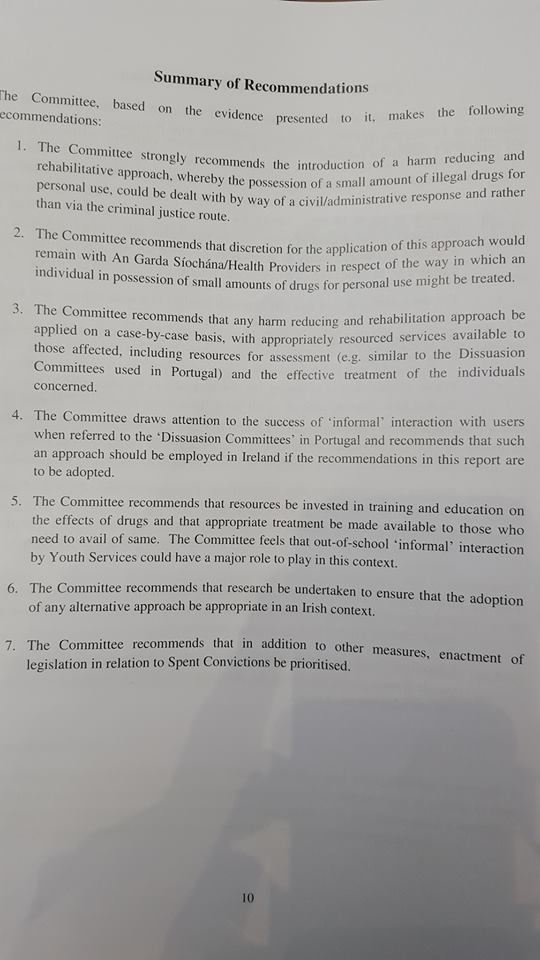
Labour TD and outgoing Minister for Drugs Strategy Aodhán Ó Ríordáin has lost his seat following the elections on Friday. The news broke earlier today following lengthy counts and recounts of the ballots in the Dublin Bay North constituency.
Many people are rightly critical of Labour’s time in government, given what was largely expected of them by their voters. I too have basked in the glory of their demise at times. One can also perhaps be critical of Aodhán Ó Ríordáin in the areas of direct provision reform, traveller rights, and on other issues.
However if one was to focus solely on his work as drugs minister, which this article does, then we can perhaps applaud him for his efforts. On a personal level I found Aodhán to be approachable and willing to engage with us activists. On more than one occasion he participated in events we organised either for SSDP Ireland or Help Not Harm.
Regularly he had to endure a tough grilling both from us activists and event attendees. Arguably like any politician should be expected to. But no matter what he was always happy to continue working with us and to tease out the issues. In my experiences with other politicians most will disengage with you at the first moment of tension; however Aodhán Ó Ríordáin to his credit was different in this regard.
During his 11 months in the role he arguably brought the debate further along than any other drugs minister has previously. Although there were times I felt he could have had a better grasp of the portfolio. But nevertheless Ó Ríordáin used his time in the role to promote a different approach to drugs policy.
While his overall success in the role remains to be seen, he did accomplish a number of things. As minister he brought the he issue of decriminalisation to the fore. He spoke regularly at events, was very active in the media, and was meeting frontline workers, activists and others.
Because of him, and significantly the hard work of Ana Liffey Drugs Project who prepared legislation, a medically supervised injection centre looks a real possibility. This would arguably be a massive step in Irish drug policy.
Aodhán Ó Ríordáin was proactive in meeting various groups involved with the area from all sides of the debate. From my dealings with many of these groups there was widespread support for Aodhán Ó Ríordáin during his tenure.
His other political failing’s aside, the loss of Ó Ríordáin as a TD is a blow with regards to drugs policy. Granted he was never likely to be minister again given Labour’s long predicted disastrous election results. However, having him in the dail while the debate is still ongoing could have been of benefit. The new government, regardless of its makeup, will have to address the issue of drugs policy.
With a new Misuse of Drugs Act being prepared and a new National Drugs Strategy to be unveiled, this is an important period for Irish drug policy. Arguably having one of the most progressive drugs ministers still in the Dail would have been of benefit. However there is still a chance he will be vocal on the issue, albeit from the outside of parliament.
It is impossible to tell who will make up the next government, let alone who the next drugs minister will be. However the likelihood is that the next government will be formed by a FG/FF coalition, or another type of cross party agreement featuring the two. Thus a member of these parties will most likely be the next drugs minister.
How progressive the new minister will be in comparison to Aodhán Ó Ríordáin remains to be seen, but I wouldn’t be overly optimistic. It will be also interesting to see how willing the new minister will be to engage with frontline workers and activists. Will we revert back to the tough on crime mantra, rather than a debate on decriminalisation?
Perhaps what is of some benefit is the fact that last year’s report on Portuguese drug policy, which was largely positive, was signed off on by members from parties including FF and FG. Activists can perhaps point to this document as proof of these parties accepting reform as a positive thing, but how much sway such a move has remains to be seen.
Like him or loathe him there should perhaps be some appreciation for what Aodhán Ó Ríordáin has done during his brief tenure. While Labour’s legacy and perhaps Aodhán Ó Ríordáin‘s too is in tatters currently, it is likely that people will later look at his time as drugs minister as one of more progressive times.
As stated earlier this article isn’t defending the actions of Labour or Aodhán Ó Ríordáin during the past five years. I like many others am utterly disappointed with many aspects of his party’s and his time in the dail. However if we are to step back and address the issue subjectively I do feel there is little debate over whether he was a progressive drugs minister or not.
Regardless of whom the next minister is activists will be looking to meet him or her immediately. One can only hope the new minster will be as engaging on the topic. Hopefully Aodhán Ó Ríordáin’s time in the role has seen the debate brought sufficiently forward.
However one can’t help worry that we are about to take one step forward and two steps back.







































